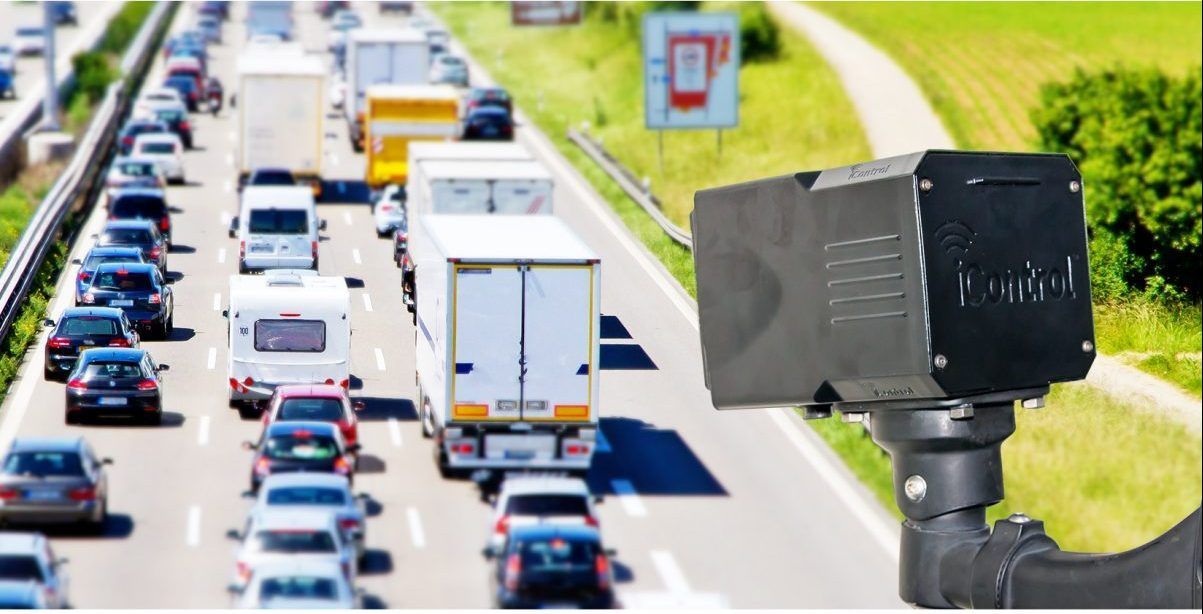In today's fast-paced world, the need for efficient and sustainable transportation has become more crucial than ever. With advancements in technology and the growing concern for the environment, smart modes of transport have emerged as game-changers in the industry. This article explores the innovative and cutting-edge solutions that are revolutionizing the way we travel, ensuring convenience, safety, and sustainability.
- Electric Vehicles (EVs):
Electric vehicles have gained significant traction in recent years, offering a cleaner and greener alternative to traditional gasoline-powered cars. With zero tailpipe emissions, EVs contribute to reducing air pollution and combating climate change. Furthermore, advancements in battery technology have extended their range and improved charging infrastructure, making them a viable option for long-distance travel. - Autonomous Vehicles (AVs):
Autonomous vehicles, also known as self-driving cars, are reshaping the future of transportation. Powered by artificial intelligence and advanced sensors, AVs have the potential to enhance road safety, reduce traffic congestion, and optimize fuel consumption. With ongoing research and development, we can expect to see fully autonomous vehicles on our roads in the near future. - Hyperloop:
The Hyperloop concept, proposed by Elon Musk, aims to revolutionize long-distance transportation. This futuristic mode of transport involves high-speed pods traveling through low-pressure tubes, eliminating air resistance and enabling speeds of up to 700 mph. Hyperloop promises to drastically reduce travel times between cities, making it a game-changer for both commuters and cargo transportation. - Shared Mobility:
Shared mobility services, such as ride-sharing and bike-sharing, have gained immense popularity in urban areas. These services leverage technology platforms to connect users with available vehicles, reducing the need for private car ownership. By optimizing vehicle utilization, shared mobility contributes to reducing traffic congestion, lowering carbon emissions, and improving overall transportation efficiency. - Drones:
Unmanned aerial vehicles, commonly known as drones, are transforming the way goods are transported. With their ability to navigate through congested areas and reach remote locations, drones offer a faster and more cost-effective alternative for last-mile delivery. From medical supplies to e-commerce packages, drones have the potential to revolutionize logistics and make deliveries more efficient.
Conclusion:
The smart modes of transport discussed in this article represent the future of transportation, offering sustainable, efficient, and convenient solutions. As technology continues to advance, we can expect further innovations in the industry, ultimately leading to a more connected and sustainable world. Embracing these smart modes of transport will not only improve our daily commute but also contribute to a greener and more efficient future.

